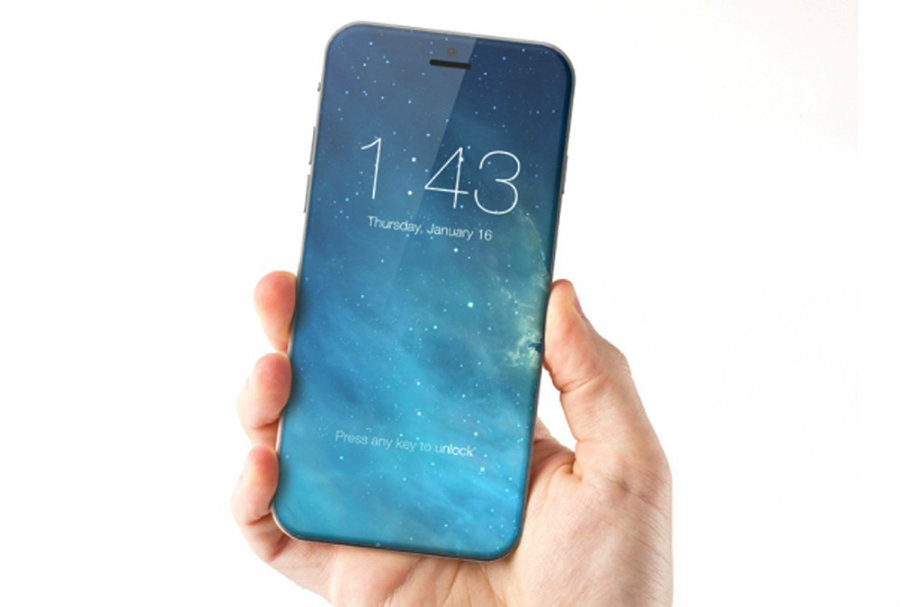Two popular YouTube channels, JerryRigEverything and TabTimes, practiced a durability test on the iPhone 7. This involved bending the device, dropping it from different heights, scratching its surface with various objects and even put the screen through fire.
The conclusion was that the smartphone is considerably strong in comparison to other iPhone models. Both the screen and the back of the phone resisted quite well the scratches from different types of blades, and even the home button (that is no longer a button), camera lens and flash opening resisted scratches.

Although the team in JerryRigEverything considered that Apple used high-quality materials to built its newest iPhone model, the company lied to the audience by stating that the home button and camera were coated with sapphire crystal.
The scratch test with a durable razor blade proved that neither of those iPhone parts was made out of sapphire crystal, even when the coat was a high-quality glass. But the problem that led to the revelation about the material of the layer was the Mohs Scale of mineral hardness, the qualitative scale that identifies the resistance of a mineral to scratches from harder materials.
Sapphire crystal resists up to nine-level scratches in the Mohs Scale, but the iPhone 7 scratched below that level and managed to survive only up to scratches level six or seven.
Bending and putting through fire an iPhone 7
The device proved to be less flexible than other iPhone models, even when the bending did not break any significant component, it did affect the water-resistant substance that covers the hardware, so bending the smartphone will probably compromise its waterproof feature.
The fire test involved lighting up a small flame directly against the screen; that resisted without any deformation for about 10 seconds. The exposure beyond that time affected the pixels turning the display black in the spot that was exposed directly to the fire, but it recovered completely after a few seconds.
The dropping test
The newest iPhone survived the traditional drop test, where the device got minimal scratches in the camera piece, but the screen and operational functions worked fine. The camera never stopped -even though the app proved to be lagged after the falls- and most scuffs affected only small plastic pieces.
The iPhone 7 also turned out to bounce a lot more than other iPhone models, which according to the host of the TabTimes channel is a good sign regarding falling. The fact that the screen never cracked, even when dropped directly on the glass, proved that the material is durable in comparison to other Apple products.
The official version
Technical specifications from the iPhone 7 state that the device is splashes, water, and dust resistance, with flexible environmental requirements, such as a window from 32° to 95° F (0° to 35° C) to operate normally.
According to Apple, the iPhone 7 and the iPhone 7 Plus were built taking into account the environmental awareness of the brand, with several features to reduce environmental impacts, such as a mercury-free LED-backlit display, arsenic-free display glass, brominated flame retardant‑free, PVC-free and recyclable aluminum enclosure.
Source: The Verge
